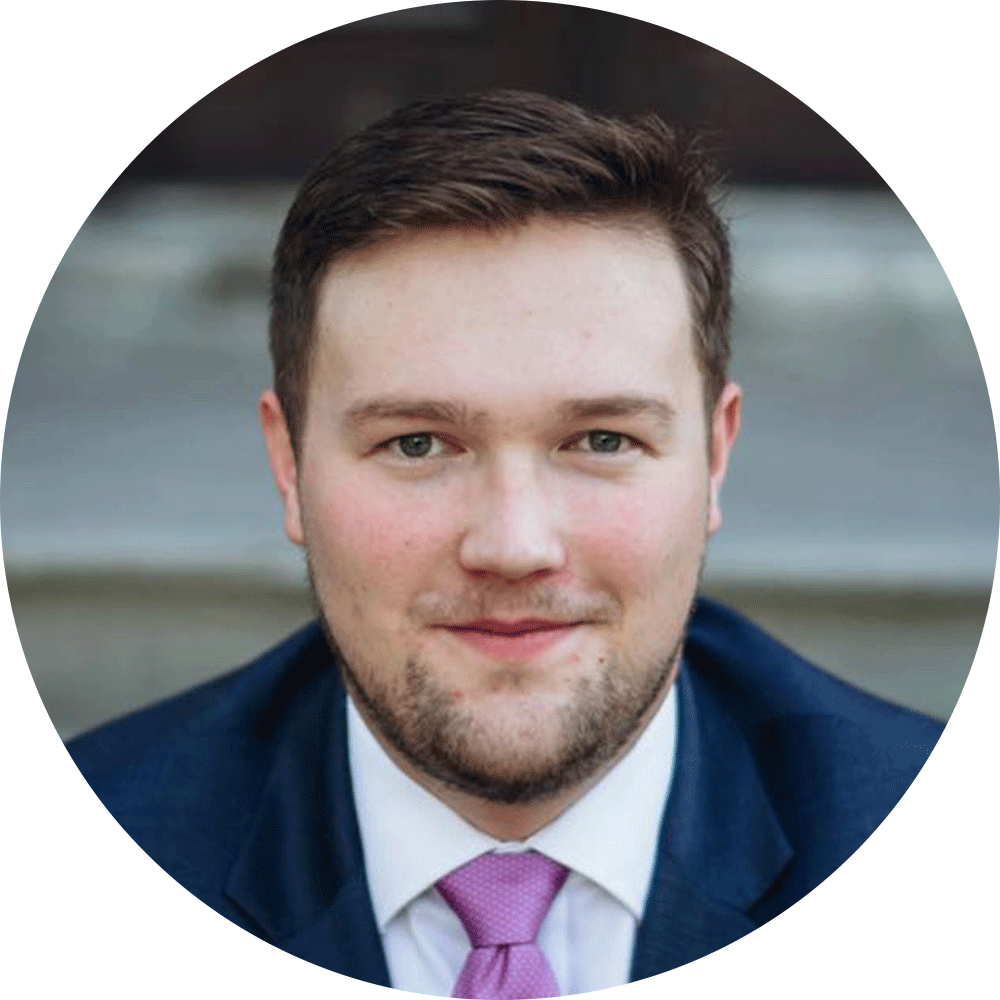
Jared Gould
I graduated from Petal High School and The University of Southern Mississippi (USM). I earned my Bachelor’s in history and a minor in political science. Starting in 2014, I assisted Calvary Baptist Church and participated in community service in Petal. I assisted with cleanup of the 2017 tornado and helped raise funds for the Addison McKinley Golf Tournament, which funded a scholarship for a Petal High School graduate.
In 2018, I interned for Mississippi Governor, Phil Bryant and later served as a Contractor to Mississippi’s State Workforce Investment Board. I analyzed education, career training, and job placement data across workforce and education providers throughout Mississippi. I was born with a rare congenital heart disease (CHD), which allowed me to partner with the University of Mississippi Medical Center in 2018-2019 to speak with journalists about the state’s breakthroughs in health care.
Prior to running for Mayor, I worked in Washington, DC, assisting with educational programs for members of Congress and headed a data collection project in partnership with the United States Capitol Police. I currently volunteer at the Petal Children’s Task Force and run a consulting business.
Please explain your views on COVID-19 restrictions and what you intend to do in the shifting landscape.
With development happening on the Evelyn Gandy Parkway, what are your ideas/plans for preventing Main Street and the downtown areas from becoming rundown and full of vacant buildings?
In what ways, and to what extent, would you involve the residents of Petal in the decision-making process of our city, and would you please provide an example?
If it came down to raising taxes or cutting the budget and that meant cutting employees, which would you favor? And if you cut employees, would you first cut from recreation or from the fire department, or across the board in all departments?
Why can we not think outside of this box? We ask the wrong question. The question should be: how can the city increase revenue without raising taxes?
The city can utilize its parks to host food vendors, in which the city receives sales tax and permit dollars. The city can utilize non-matching grants to build storefront infrastructure, which would then be leased to entrepreneurs who pay rent as well as sales taxes. The city can grow its population through workforce retention by partnering with the schools and local employers to place qualified Petal graduates in nearby jobs, which would lead to more home purchases and increase revenue through property taxes.
Have you ever written a Grant? Do you see grants as a useful tool in obtaining funds for projects for the city?
Do you support annexation of any area surrounding Petal?'
In the face of ever tightening budgets and budget shortfalls, what are your plans to increase community and infrastructure standards while keeping taxes low?
After a turbulent year in our community, how do you plan to address race relations in Petal?
What new services do you plan to implement for the city and how will they be funded? (recycling, online bill pay, etc.)
By utilizing our current sporting facilities, the city will make additional revenue through soccer participation fees, concession stand fees, sales taxes from purchases at local restaurants made after sporting events, and, if Petal hosts tournaments, the city will qualify for a hotel that will generate more revenue from property taxes and sales taxes.
Taxpayer dollars will only be used to maintain sporting infrastructure such as paying for lawn maintenance and to help the program get started. Like the other sport programs in Petal, soccer will become self-sufficient, and the Petal Sports Association will pay the city every year for use of sporting facilities.
